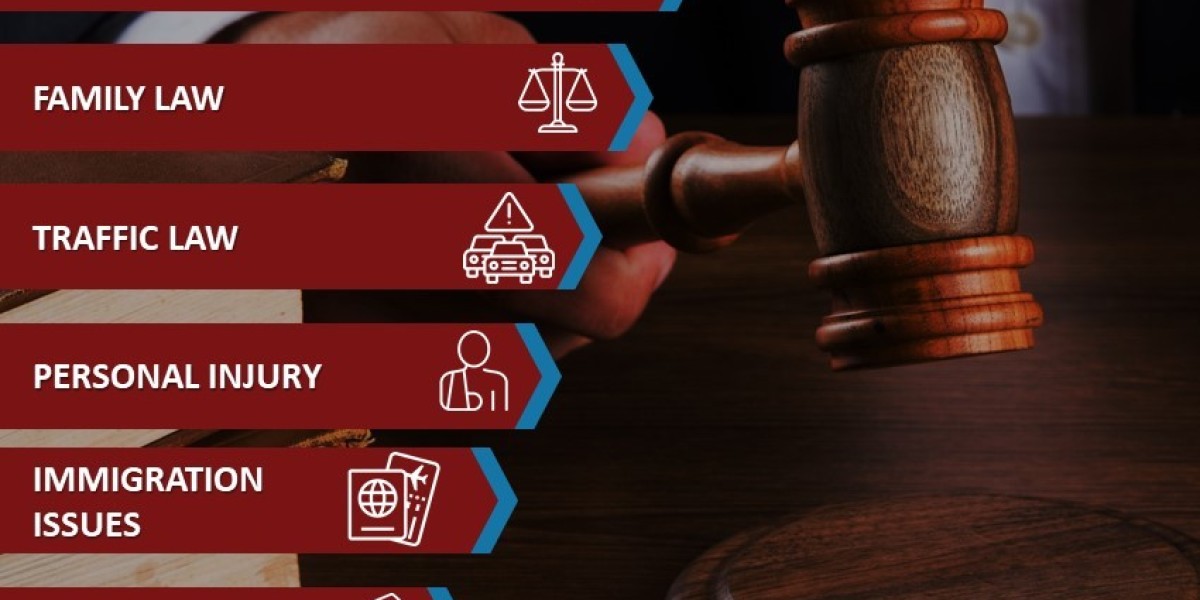In today's interconnected world, the rapid growth of technology has brought with it both opportunities and risks, especially concerning the safety of our youth. One concerning issue that has emerged is the online solicitation of minors, a serious offense with legal consequences. Understanding this complex legal landscape is crucial to protect both minors and those who interact with them on the internet.
Online solicitation of a minor involves adults using digital platforms to engage in inappropriate conversations, solicit explicit content, or arrange physical meetings with individuals they believe to be underage. These activities are not only morally reprehensible but also illegal, as they exploit the vulnerability of minors and pose a grave threat to their well-being.
Laws addressing online solicitation of minors vary by jurisdiction, but they generally aim to deter and penalize individuals who attempt to exploit young individuals online. The legality of such actions is usually determined by the intent behind the communication, rather than whether the minor actually turns out to be a law enforcement agent posing as a minor.
Understanding the legal elements of online solicitation is crucial. Typically, these elements include the intentional initiation of communication, explicit or implicit sexual content, and knowledge or belief that the recipient is a minor. Prosecution often hinges on proving these elements beyond a reasonable doubt.
The consequences for those convicted of online solicitation of a minor can be severe. Depending on jurisdiction and specific circumstances, penalties may range from substantial fines to lengthy imprisonment. Furthermore, a conviction could result in mandatory registration as a sex offender, which has lasting personal, professional, and social repercussions.
Parents, educators, and guardians play a vital role in preventing online solicitation of minors. Open communication about online safety, setting boundaries on internet use, and monitoring digital interactions can significantly reduce the risk of minors falling victim to predators. Educational campaigns can also help minors understand the dangers they might face online and encourage them to report any suspicious activity to a trusted adult.
In conclusion, comprehending the legal dimensions surrounding online solicitation of minors is crucial for safeguarding our youth and promoting a safer digital environment. This issue highlights the urgency of educating both minors and adults about responsible online behavior and the potential legal consequences of their actions. By collectively addressing this problem, we can work toward a safer online space for everyone, especially the most vulnerable among us.
Aramak
popüler gönderiler








